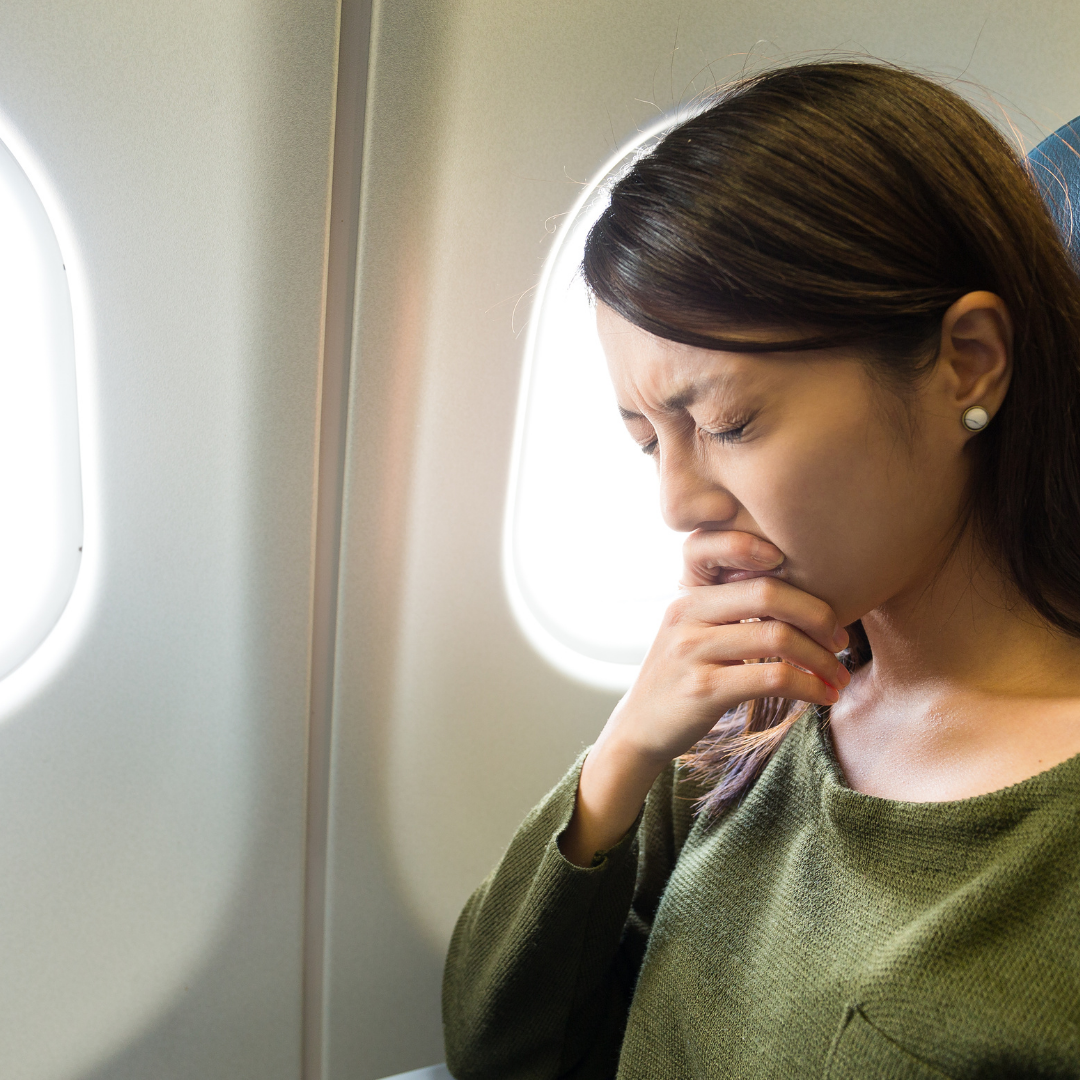
How to Conquer Your Fear of Flying
The fear of flying, or flying anxiety disorder, is so prevalent that it’s also known as flying phobia or aviophobia. What’s that? Well, that’s the fear of flying, either as a passenger in an aeroplane or as an air traffic controller.
Why do people have a fear of flying?
Fear of flying is a common phobia that tens of millions of individuals around the world suffer from. This fear can be so paralyzing that it can prevent you from travelling. Whether you’re afraid of flying because you are a nervous flyer, or you fear being crammed into the tiny seats on a plane, fear of flying is a common and often time debilitating problem.
If you have a fear of flying, is there a way to conquer it? For people who want to solve this problem, anything is possible.
Check out the following tips on how to conquer your fear of flying:
- Identify what triggers your fears. Flying can be scary, especially if you’ve never done it before. It’s something that is all too easy to get the jitters about, but the best way to conquer your fear is to know exactly what it is that you are afraid of. Only then can you identify the thoughts that trigger your fear and begin to change your thinking.
- Do your research before you step onto your flight. Flying is one of life’s most stressful activities, and the fear of flying can be crippling. To conquer this fear, you need the support of two things: confidence and preparation. The first is the absence of fear, the second is the knowledge on how to do things such as to overcome nerves. Knowledge is power, and if you use your knowledge to prepare well in advance, it can make travelling far more enjoyable.
- Visit a therapist before you fly. Once you have carried out your research, there is a small possibility that it will make you more anxious than you were initially. If this is the case, you should look for ways that will help you to combat these feelings before stepping on the plane. A professional psychiatrist, who will be able to help with Online medication management, for example, is a popular route to consider using if you want to experience a calm and soothing flight, instead of one that is only going to cause you fear and upset. A therapist will be able to put you at ease, which could be beneficial to your life if you travel frequently.
- Anticipate anxiety. While flying is one of the safest ways to travel, many people are still concerned about flying. Knowing how to control the anxiety that may come up can help you cope and control the fear of flying. You may also get some medication to deal with it. If you are comfortable with smoking, then you can try some cannabis strains from low price bud or similar websites. They might be able to help lower your anxiety and have you feeling amazing in a short time. Although, if you aren’t interested in feeling the effects of THC that is contained in these strains, there are options for you as well. You can use CBD oil as an alternative, which is known for helping in nervousness and anxiety. CBD oil can be obtained from online retailers such as get kush or other reputable companies that can deliver such products to your home. Coming back, anxiety and depression can be more difficult to manage while flying. People experiencing these problems may find that CBD oil to be a simple and quick fix. A few research that you may find online also indicates that CBD oil could be helpful for treating anxiety disorders. Just a few drops before boarding a flight could calm down your nerves. To know more about this method, you can check out a few blogs on CBD oil and its medical benefits.
- Remind yourself that the feeling of anxiousness doesn’t mean you’re in danger. When you first learn to fly, you learn the essentials: how to get to your destination, how to smile at the flight attendant, what to do if the plane goes down. But there’s more to learning how to fly, and the most important lesson to learn is the subtlest: how to separate the fear from the danger.
- Don’t get easily tricked by your gut feelings. When the idea of flying is conjured up, many people immediately think of the possibility of a panic attack. Although stress and anxiety can trigger a panic attack in someone who has never experienced it, it is not common. Most people find flying a little stressful at first, but most will be able to remain calm and not fly into a panic once they understand they will be okay.
- Take time to understand how aeroplanes work, especially how they can handle turbulence. Some people don’t mind flying, but they may still feel anxious or nervous when they are on a plane. While there are several things you can do before, during, and after your flight to help reduce your fear, you can also learn more about how flying works and how it’s designed to handle turbulence.
- Educate other passengers about what triggers your anxiety. Flying can be a stressful event that causes many people to have anxiety attacks. During such times, it is difficult for people to control themselves. If you are one of those who have anxiety attacks during flight, the best thing to do is find a seat near the front of the plane. You can also try to find another seat before takeoff. If you want to get good tickets, then you can look for an award ticket. It can cost more to get an award ticket, but you will be able to sleep well on the flight.
- Value every successful flight that you have been to. It’s a cliché to say that every single time you board a plane, you have a moment where you wonder what the heck you’re doing, how you’re going to get through the experience, and how you’re going to get back to the ground again. We’ve all had those thoughts. And while they’re far from pleasant, they’re almost always fleeting, leaving you chipper and ready to take on the next challenge.
Flying is one of the terrifying experiences that people have. It causes anxiety, stress, and fear – all of which can affect our health. With that in mind, it’s important to know what causes our fear and what we can do to overcome it.





